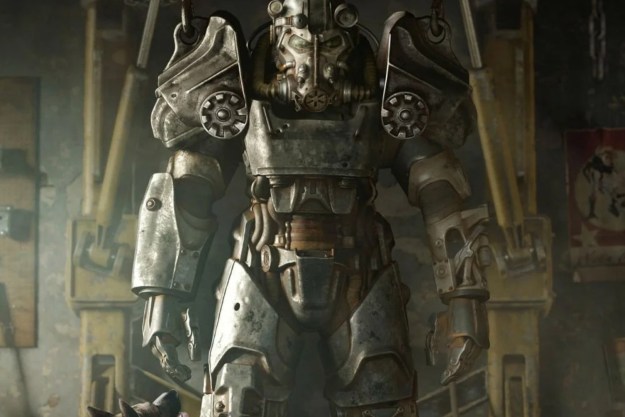
The release of SimCity has been tumultuous, to say the least. Fans of the series have been bracing for over a year for the release of the fifth proper game in Maxis’ long-running simulation series, and Electronic Arts has been preparing them for how the game would be delivered. It was March 2012 when EA first confirmed that SimCity would need a persistent internet connection to play, and December 2012 when it said that players would need to be online to even save their game. It went so far as to offer multiple beta tests to not just stress test the game, but prepare users for what it would be like to play an always-connected version of the game. As tends to happen with persistently connected online games—just look at the fiasco of Diablo III’s May 2012 release—SimCity’s problems have been legion. EA and Maxis are fixing the game as quickly as possible, but they have not addressed the root problem embodied by SimCity: The need to modernize how games are sold and released.
The first problem: EA refused to give refunds to customers that literally could not play the game they had paid for – despite initial offerings to the contrary. An EA community manager said that dissatisfied customers could request one, at least at first “If you regrettably feel that we let you down, you can of course request a refund for your order … though we are currently still in the process of resolving this issue.”
EA Origin customers, however, were across the board then denied refunds for SimCity, claiming the company and service’s policy is to not give refunds of any kind for digitally distributed games. An EA representative even told an Origin customer that if they disputed the charge made to their credit card for SimCity, their Origin account would be locked and they would lose access to all their paid for games.
As digitally distributed games come to replace physical copies of games, the relationship between digital retailers and customers has to take on some characteristics of older consumer practices. After all, there will inevitably be times when a game just doesn’t work or doesn’t match customer expectation, and players need some recourse beyond contacting the Better Business Bureau to file a complaint, or taking to the internet with proverbial pitchforks and torches. Retailers also can’t hold customer accounts hostage. Blizzard, despite the nightmare of Diablo III’s release, learned this lesson well. If you expect to keep customers, they have to be treated with some modicum of respect.
The shift to a fully digital distribution model with always-online games to prevent piracy and promote new play styles also requires companies like EA to rethink how games are released at all. It’s been proven time and again that games with enormous audiences like SimCity buckle under the strain of big singular launches. Boxed games that are playable offline can be launched around the world simultaneously with no negative effect, but messes like the one surrounding SimCity can only be avoided by staggering access to the game, even within specific regions. Slowly roll these games out to customers, making “soft launches” the norm, and the problem can be avoided.
EA and Maxis have made their apologies and continue to work to fix the problem, but they have not demonstrated that they recognize the deeper issue of an antiquated business model.


